 The Centre for Dance Research (C-DaRE), Coventry University seeks a highly motivated creative artist/ coder to join a unique trans-disciplinary team exploring the artistic, scholarly and scientific potential of choreographic and dance-related data. The opportunity will be supported by an application to the Marie Curie European Fellowship. The Marie Curie European Fellowships are open to individual researchers coming to Europe from any country in the world or moving within Europe. The applicant should have their doctoral degree or at least four years’ full-time research experience by the time of the call deadline. The Fellowship lasts from one to two years.
The Centre for Dance Research (C-DaRE), Coventry University seeks a highly motivated creative artist/ coder to join a unique trans-disciplinary team exploring the artistic, scholarly and scientific potential of choreographic and dance-related data. The opportunity will be supported by an application to the Marie Curie European Fellowship. The Marie Curie European Fellowships are open to individual researchers coming to Europe from any country in the world or moving within Europe. The applicant should have their doctoral degree or at least four years’ full-time research experience by the time of the call deadline. The Fellowship lasts from one to two years.
MORE ABOUT C-DARE: http://c-dare.co.uk
MORE ABOUT MARIE CURIE: http://ec.europa.eu/research/mariecurieactions/about-msca/actions/if/index_en.htm
EXPRESSIONS OF INTEREST DEADLINE: 24 June 2016
CONTEXT AND POSITION: The Centre for Dance Research (C-DaRE), Coventry University aims to build on over fifteen years experience its Senior Researchers have with the development of new interdisciplinary approaches to the documentation, digitisation and dissemination of the creative practices of internationally renowned choreographers and dance companies. These projects include the Siobhan Davies Digital Archive, Wayne McGregor’s Choreographic Language Agent, Synchronous Objects for One Flat Thing, reproduced by William Forsythe, Inside Movement Knowledge and Capturing Intention with Emio Greco | PC and the Motion Bank project of The Forsythe Company. (1) The cumulative result of these digital dance projects, manifesting in the form of creative software tools, interactive installations and websites, has had wide impact in many areas including dance education and research, artistic practice, cultural heritage and creative industry. These projects have also spawned a global network of individuals, institutions and organisations across the cultural, education and industry sectors.
A key and as yet underexploited result of these projects exists in the large amount of digital dance data now available as a potential resource for computational study. A wide range of dance related datasets exist from small to large collections with heterogeneous data types including 2D digital video, 3D motion capture data, annotated timelines, silhouettes, pathway data, scans, etc. In addition to the collections related to the projects referred to above, new dance related datasets are continuously emerging including the Pina Bausch Digital Archive and the on-line publication of historically key media libraries of important dance venues such as Tanzquartier Wien. Additionally, a small suite of open software systems for recording and data management, annotation and on-line publication has been created in the frame of the Motion Bank project. C-DaRE intends to establish a new trans-disciplinary research environment to build on these previous, on-going and new projects; utilising its global networks to lead the way in dance data-driven artistic, scientific and scholarly research.
Some of the initial questions to be asked are about the relationships between these very diverse data sets. Where are the overlaps of information? What can be discovered to form the basis for more advanced questions? What can be done with these datasets? Can lightweight artistic coding tools be used to probe the specificity of the material? Can specific viewers be built for different kinds of data that is sensitive to the material? What happens in digitising dance, in other words, what are the meta-theoretical questions corresponding to the cultural value of choreography and dance? How does the background of these projects and extensive documentation inform the probing of the data? And how can future dance recordings be informed by what is discovered? How can a variety of artistic, scholarly and scientific outcomes best be achieved?
With this framework in mind, C-DaRE wishes to apply for a Mare Curie European Fellowship to host a Fellow with a combined artistic and scientific practice, who specialises in a wide range of technologies such as data analysis and visualisation, machine learning, computer vision, creative tools such as Processing, openFrameworks or VVVV, and who is keen to be part of this trans-disciplinary research environment for one to two years.
Please send expressions of interest by 24 June 2016 to both:
Scott deLahunta scott@motionbank.org
Florian Jenett florian@motionbank.org
(1)
http://www.siobhandaviesreplay.com/
http://openendedgroup.com/artworks/cla.html
http://synchronousobjects.osu.edu/
http://insidemovementknowledge.net/
http://motionbank.org/
http://choreographiccoding.org/
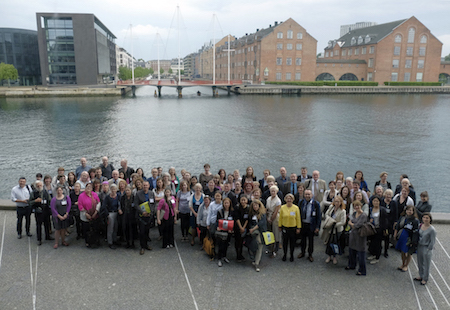


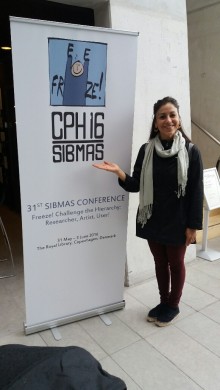






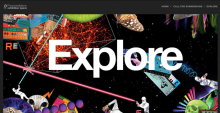
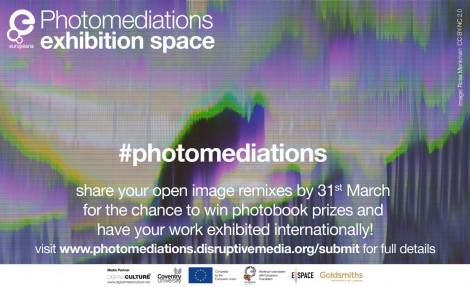
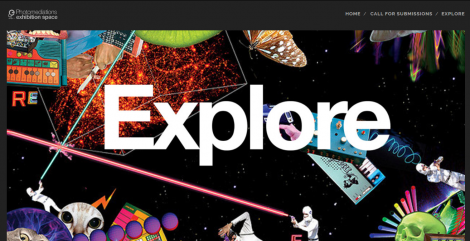



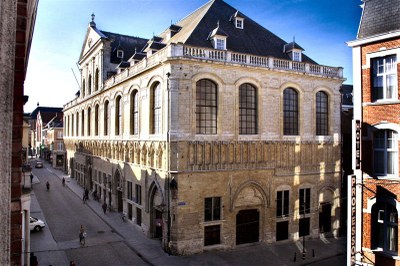



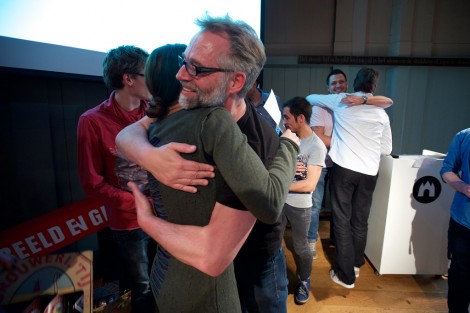
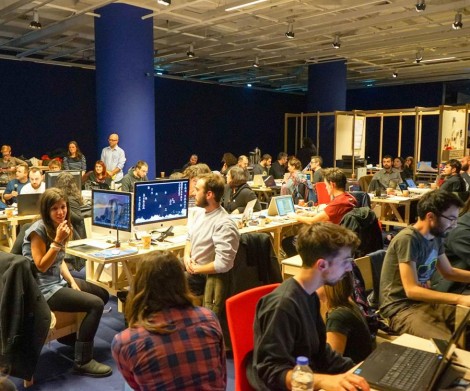
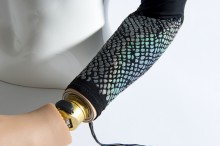
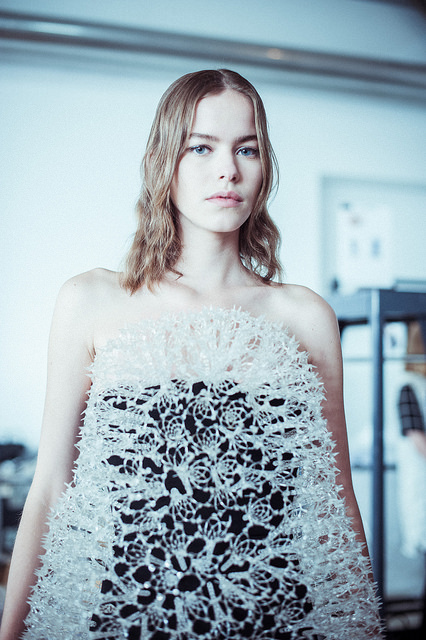
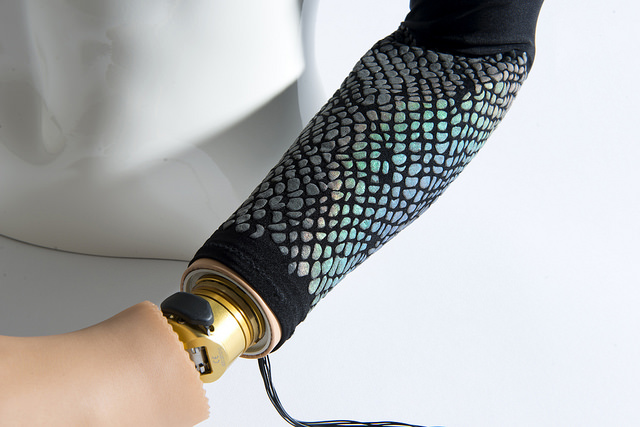
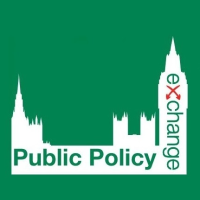
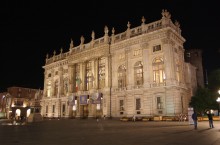
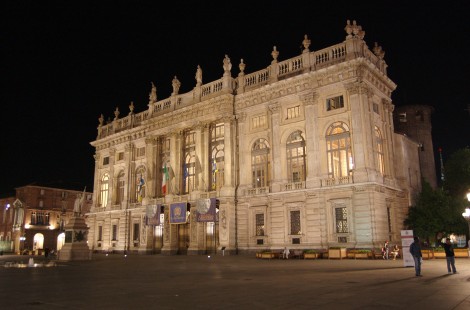
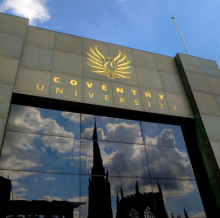
 The Centre for Dance Research (C-DaRE), Coventry University seeks a highly motivated creative artist/ coder to join a unique trans-disciplinary team exploring the artistic, scholarly and scientific potential of choreographic and dance-related data. The opportunity will be supported by an application to the Marie Curie European Fellowship. The Marie Curie European Fellowships are open to individual researchers coming to Europe from any country in the world or moving within Europe. The applicant should have their doctoral degree or at least four years’ full-time research experience by the time of the call deadline. The Fellowship lasts from one to two years.
The Centre for Dance Research (C-DaRE), Coventry University seeks a highly motivated creative artist/ coder to join a unique trans-disciplinary team exploring the artistic, scholarly and scientific potential of choreographic and dance-related data. The opportunity will be supported by an application to the Marie Curie European Fellowship. The Marie Curie European Fellowships are open to individual researchers coming to Europe from any country in the world or moving within Europe. The applicant should have their doctoral degree or at least four years’ full-time research experience by the time of the call deadline. The Fellowship lasts from one to two years.































